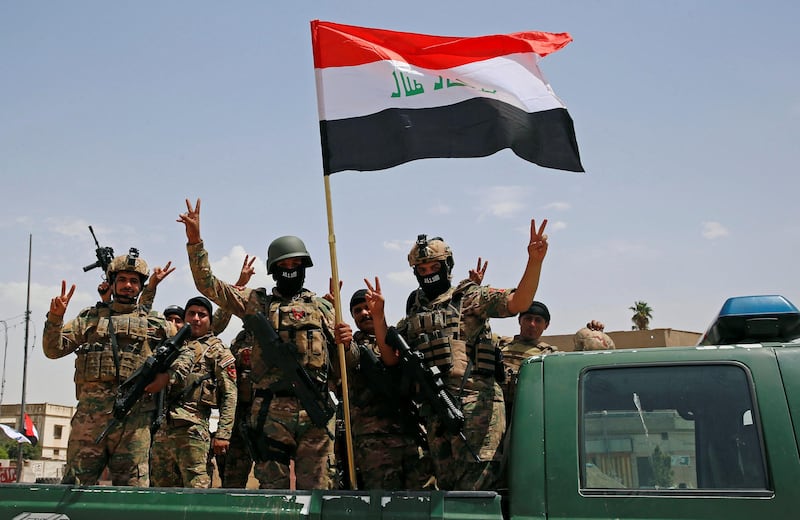Coalition forces are close to defeating ISIL in Mosul after a tense and long battle, which began in October. The campaign will soon end the terror group's three-year stranglehold on the city. As The National reported, Haider Al Abadi, Iraq's prime minister, said last week that "the return of Al Nuri Mosque and Al Hadba minaret to the fold of the nation marks the end of the Daesh state of falsehood," referring to Mosul's key cultural assets, which were seized when the so-called caliphate was declared by Abu Bakr Al Baghdadi in 2014. The harder work is about to begin for those who have stood against extremism.
The humanitarian crisis has and will stretch aid agencies to their limits, as they wrestle with high levels of trauma, malnutrition and injury among residents, many of whom have been trapped in ISIL's isolated pockets of resistance for weeks and months. Camps have been set up near Mosul for the internally displaced. Meanwhile, the reconstruction of the city will be a daunting task in a country in need of almost US$100 billion to rebuild conflict-ravaged areas.
But the most pressing of all concerns are the vacuums that ISIL was able to fill in the first place. The failures of state and the security apparatus are more pressing than ever in a city where most of the population lived on less than $2 a day before ISIL swept to power. Tehran, Washington and Ankara will now scramble for power and influence on the ground. The future looks as complicated as the most recent past.
ISIL-inspired groups will continue to gnaw away at already weak structures and seeping sectarianism. Terrorists don’t necessarily need territory, but they do need a framework on which to hang their ideas. Indeed, the plague of ISIL may well spread again if immediate crisis-management mechanisms aren’t put in place.
Everybody knew ISIL would be defeated. The anti-ISIL coalition mobilised up to 62 nations - it would have been impossible for the extremists to defy the military odds indefinitely. But the fight isn’t over, far from it. Die-hard ISIL fighters are entrenched among civilians, but even when they are weeded out, defeat must encompass a long-term strategic plan for a system that has teetered on the brink for years. The war-torn city will need assistance to get back on its feet. More than immediate remedies for the humanitarian disaster, the city must be rehabilitated from the roots up and caution must be the watchword. Mosul will take time to rebuild.





